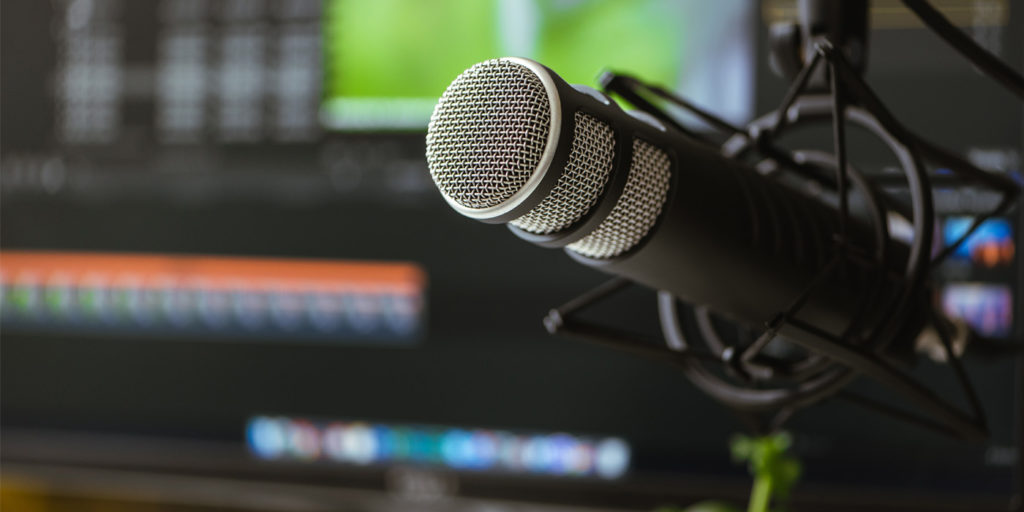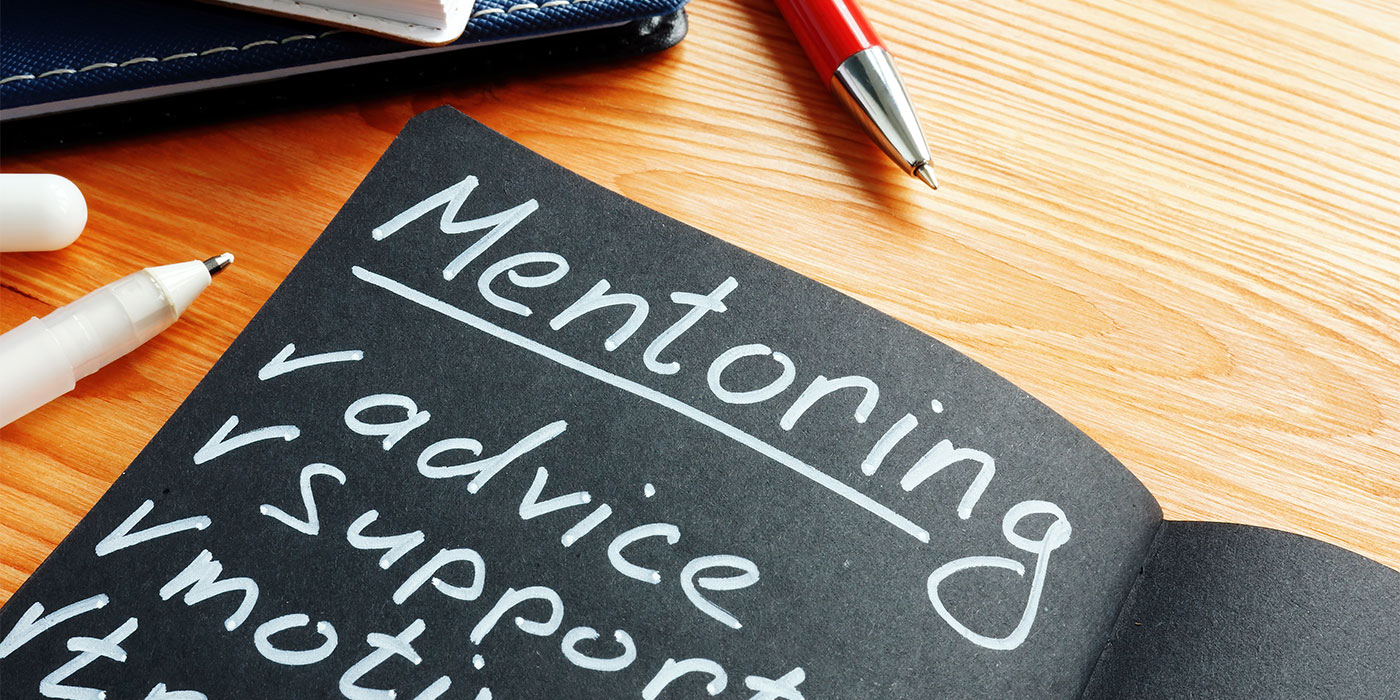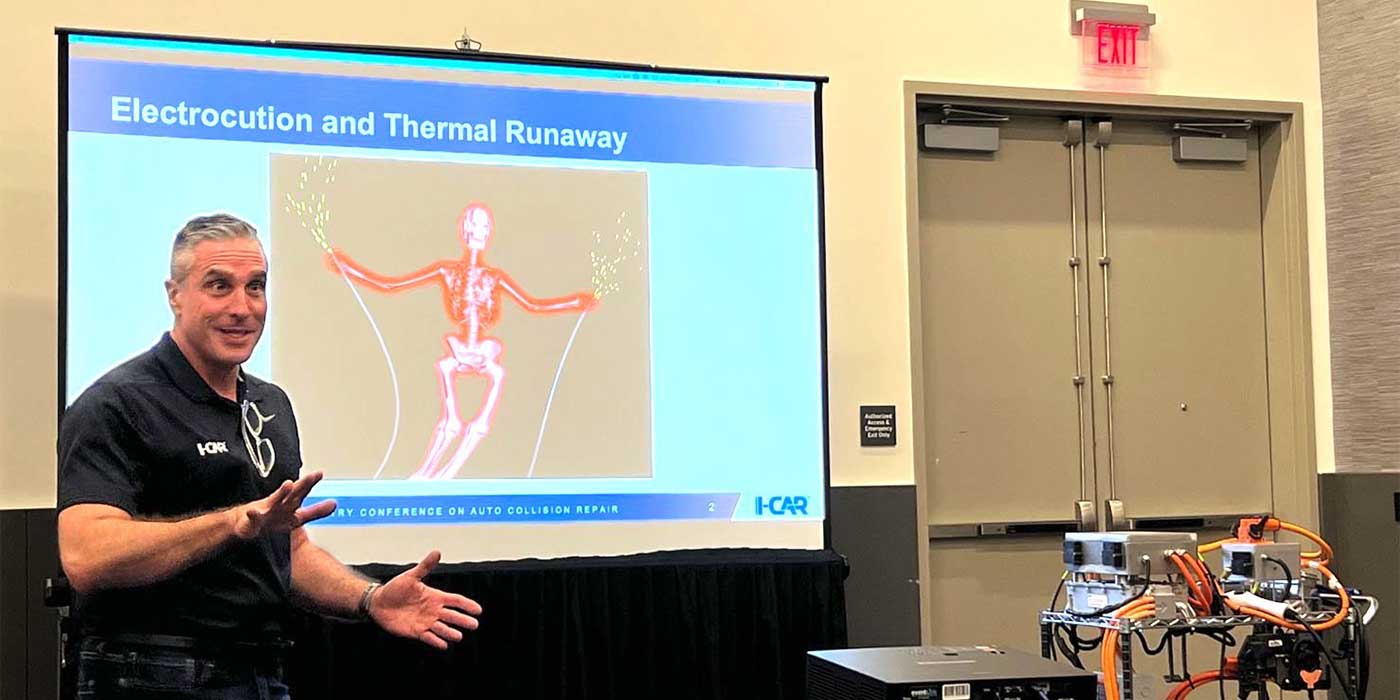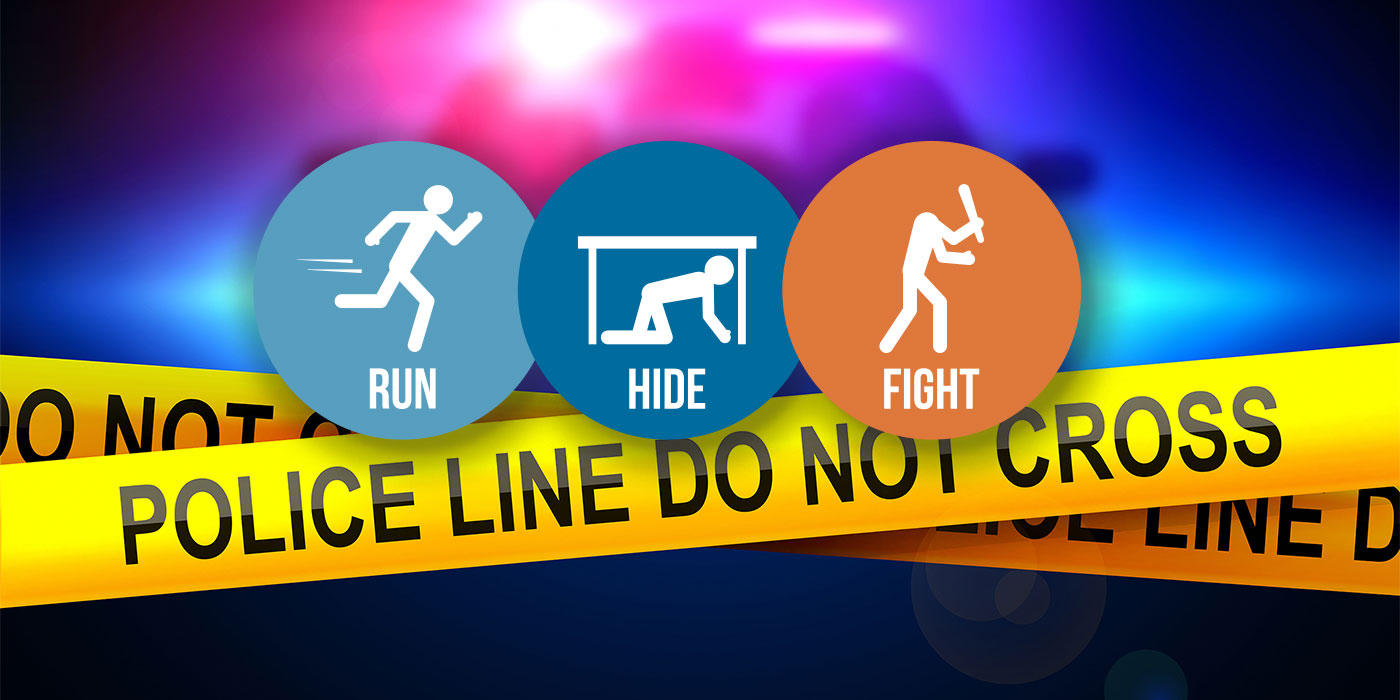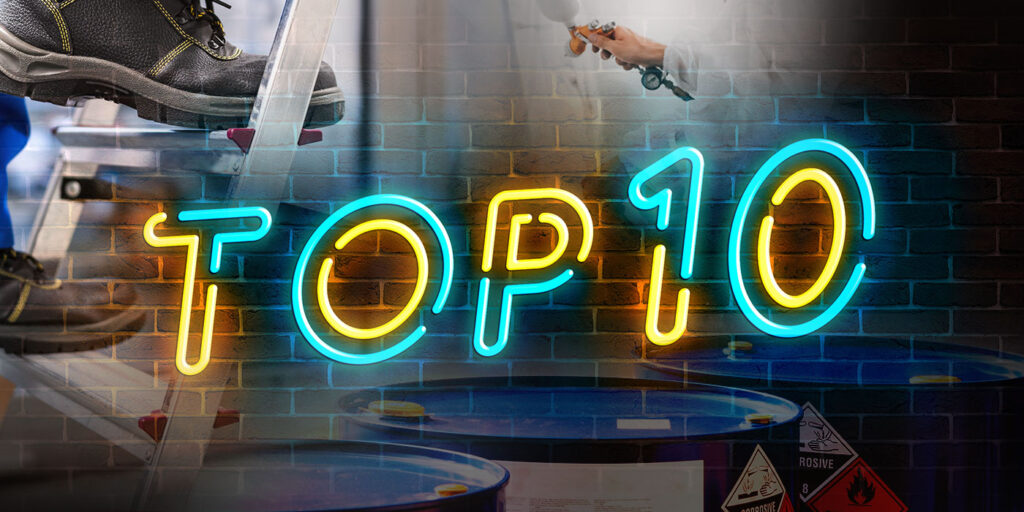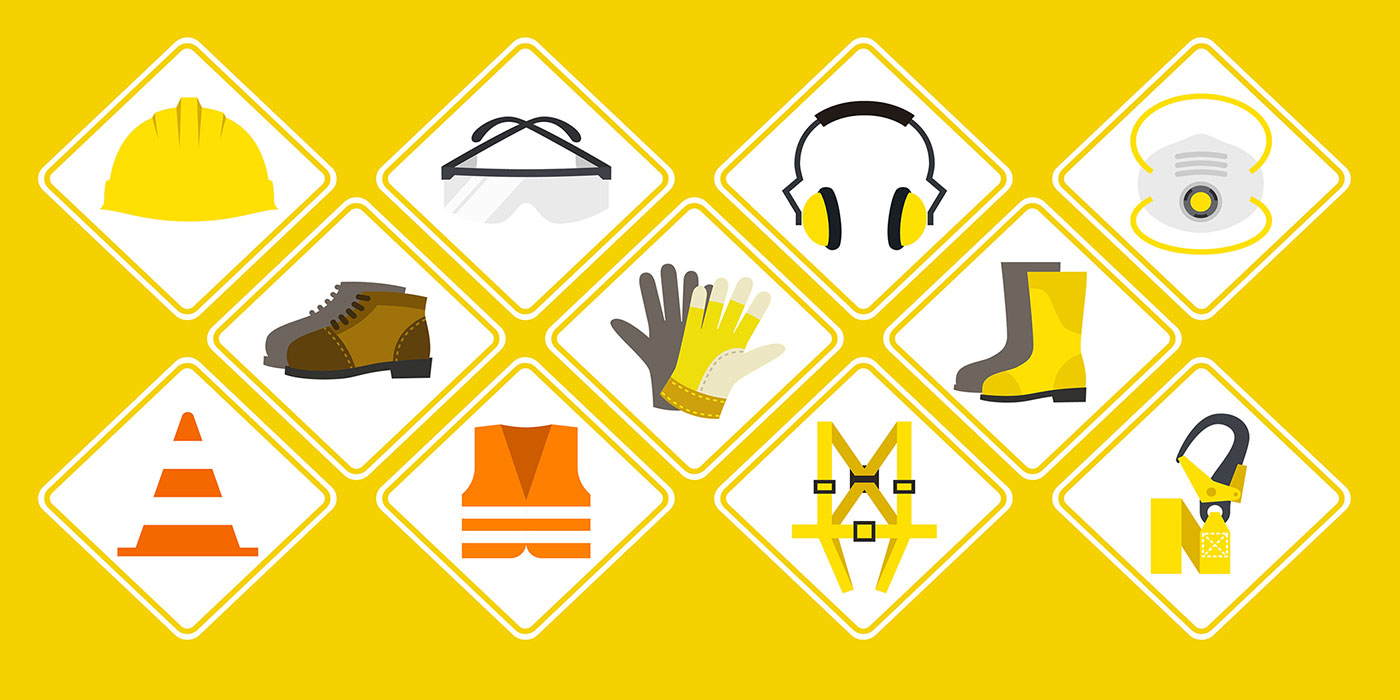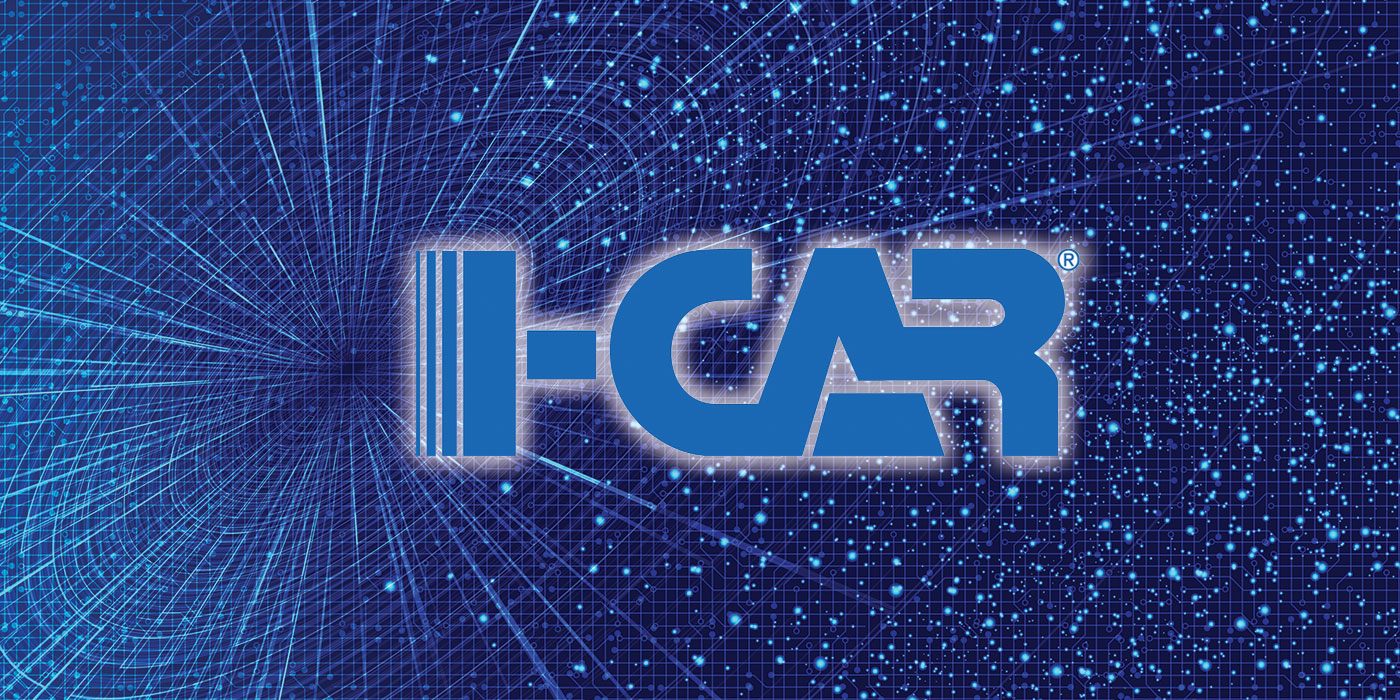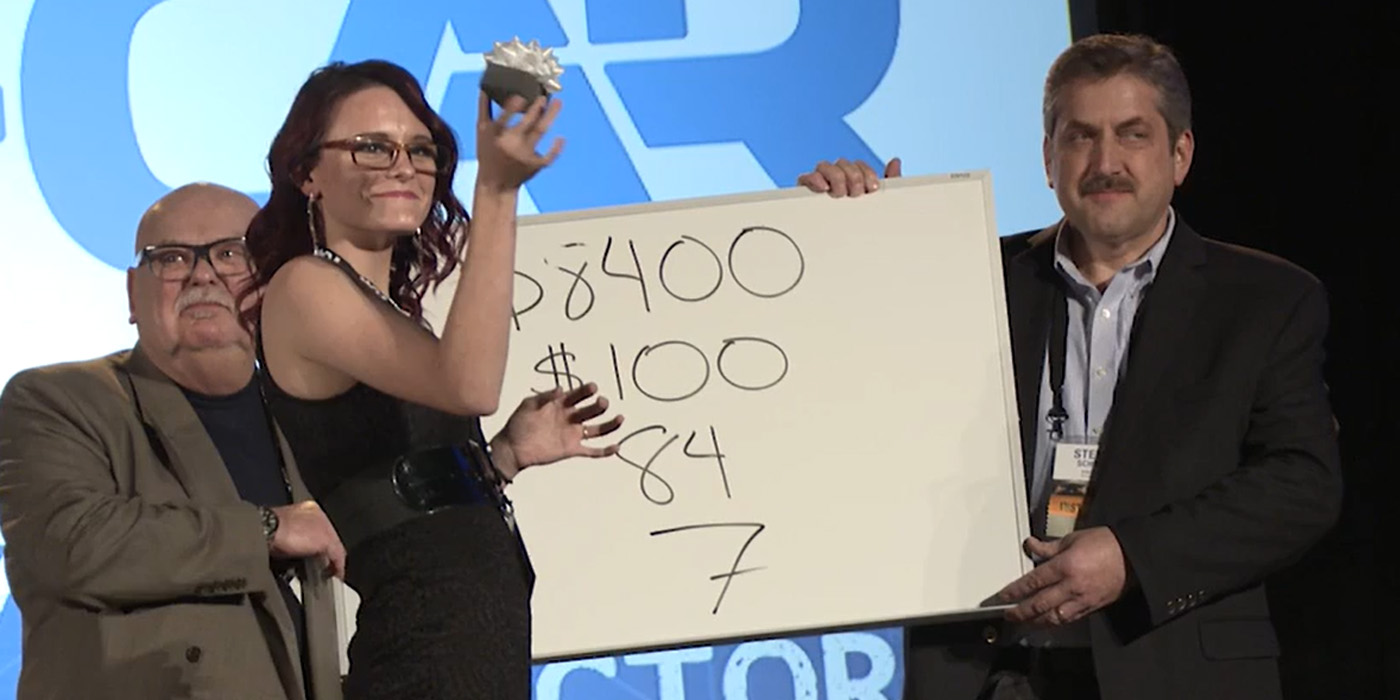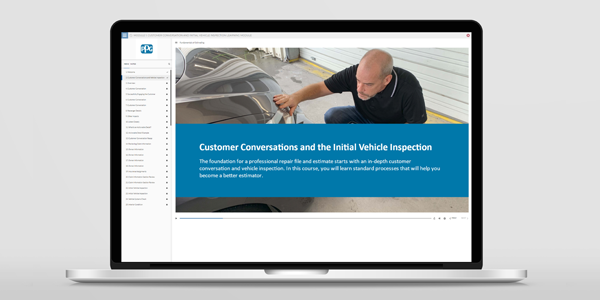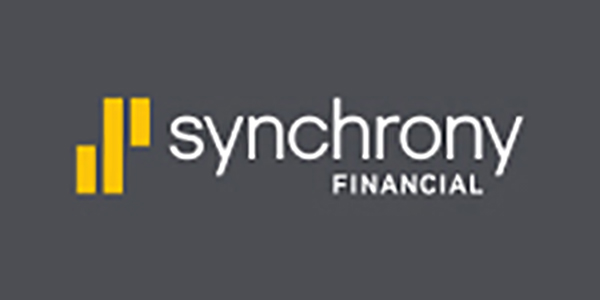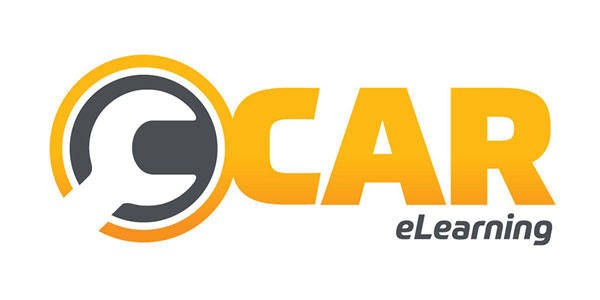Podcasts are more popular now than ever, reaching new and younger demographics by educating listeners about topics that are relevant to their interests.
Breaking ground in the collision repair industry, Jeff and Marie Peevy created Collision Boost Radio, a weekly podcast series that debuted in February 2020 that offers insight to those considering a career in collision. To learn more about Collision Boost Radio and how it is helping people enter the industry, BodyShop Business spoke with the Peevys to discuss their new project.
BSB: Can you explain how you got started in the industry?
JP: I’ve been working full-time in the industry since 1981. I started out in the shop and then ended up where I am today. For the last 25 years, I’ve been involved in training. Currently, I’m president of the Automotive Management Institute, chairman of the Collision Industry Conference and formerly was with I-CAR for about 17 years.
MP: I started in the industry in 2006. I worked for an organization that provides training to the industry. And during my time there, I saw a need for body shops to have somebody manage and coordinate training for them. In 2011, I left that organization and started my own company, which is Automotive Training Coordinators, and we manage and coordinate training for shops across the country. We are currently the largest third-party training coordinator in the U.S. We’ve been in business for nine years this year.
I’m pretty involved in the industry. I have been on the WIN board. I help chair the WIN Most Influential Women segment. I’ve been chair of the Awards Committee for the National Auto Body Council. I’m also a volunteer for the Collision Repair Education Foundation.
BSB: What inspired you to start Collision Boost Radio?
MP: One of the things that I kept saying over and over is that we have a lot of organizations that are trying to help newcomers in schools to get their foot in the door and get a better understanding of the industry. But one of the things I realized was that there was not a lot of definitions for what our industry offers. We have several different segments within our industry, but nobody really talks about that and gives a definition of it. Also, sharing career stories. I think that’s really strong for other newcomers to hear about because it’s interesting when you hear where someone started at the beginning and where they are currently and the impact that it has made to them. When the individuals are telling their story, it gives an insight on some of the things that they did to continue to move up.
JP: One of the things that we believe is that there was a need for someone to paint the larger picture of the industry and all of the dynamics within it. There are so many different segments and different career opportunities, and there has always been a lot of focus on becoming a technician. We’re not opposed to that at all, but I think everyone who we’ve interviewed started in one place and we’ve evolved or grown and continued to be able to pursue our passions while staying in the industry. And that often meant changing segments. We believe that there would be a greater interest in our industry if we painted a picture of a larger, more dynamic industry than just keeping it very narrow, focused on just one aspect.
BSB: Why do you think it’s so important for people starting their career in collision to hear career stories from experts?
MP: One of the ways we see it is that this is another way of mentoring newcomers to our industry. Traditionally, mentoring is done on a one-on-one basis. On Collision Boost Radio, this is a different way of looking at mentorship in a sense that you are providing different individuals’ career stories. You are providing information in regards to our segments and sometimes – I know it has happened with me – you’re afraid to ask a question. But when you’re listening to some of the stories, you get the answer to a question that you may have had.
JP: I agree. In fact, if you’ve noticed, we’ve done more career stories than anything else because the response to those have been really positive. And, if you notice, it’s pretty diverse. The hope is that young people can identify and relate to some more than others and see that there are key things that make you successful or help you to be successful in our industry. And quite frankly, those are the same things that would help you in any industry. Specifically, the constant learning, being a sponge, letting it be known that you’re interested, curious and want to learn as much as you can about the industry as a whole. And then with that, you will always have people within the industry who will take you under their wing and will help accelerate your career growth.
BSB: All of these podcast episodes are unique in how they tell an individual’s story and offer advice to help the listener learn from others who have already walked the path to success. In your opinion, is there one episode that really sticks out to you that identifies the challenges in the industry and provides great advice for these newcomers?
MP: For me, George Avery in episode 14, “The Basics of the Insurance Segment,” did an amazing job talking about the insurance segment.
JP: George knows insurance and knows it well. Part of our commitment to the Collision Boost listener is that, as we get feedback from them on topics that they would like to hear about, then we go out and find someone in the industry who specializes or is an expert in that particular field and we’ll create an episode around that. George was a good example of us acting upon a deeper discussion about a specific segment, and there’s more
to come.
We’re going to continue to add discussions about the details of other segments and the career opportunities within those segments. It’s just unbelievable how much opportunity there is.
BSB: What are some episodes of Collision Boost Radio that you’re working on now that listeners can look forward to?
JP: One that we’re working on right now is on the customer service mindset. We will have Nancy Friedman, who is a real guru around phone skills and customer service, and we’re going to talk a little bit about the basic principles of customer service. We have some that will be around the different segments of the industry. And we’re going to talk about the supporting organizations within the industry, the various functions that they have and what it is that they are designed to do.
MP: Another thing that we are planning on doing is actually having parents on the podcast, because as a parent, the way collision repair used to be seen was that it was dirty and greasy, but now, it’s not bad anymore. Things have changed dramatically. I think it’s great to listen to some parents discuss their concerns and answer questions that they may have since the industry is very different now.
JP: We even plan to do a Spanish version of that with Marie, so that Spanish-speaking parents whose children may be coming into our industry can better understand it and really know how to support their children’s career journey.
MP: The more that you know, the better decisions you can make. You can understand which route you want to take. Collision repair is not just a job, it can turn into a very successful career.
To listen to Collision Boost Radio, visit your favorite podcast apps, such as Spotify, Google Podcasts and Apple Podcasts. To submit ideas for future topics and for more information, email [email protected].

